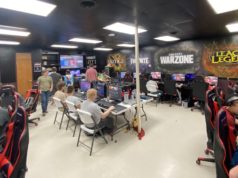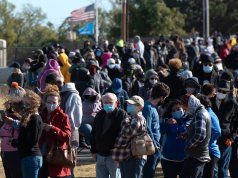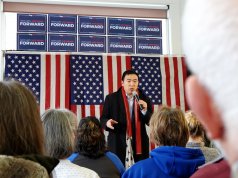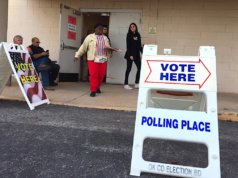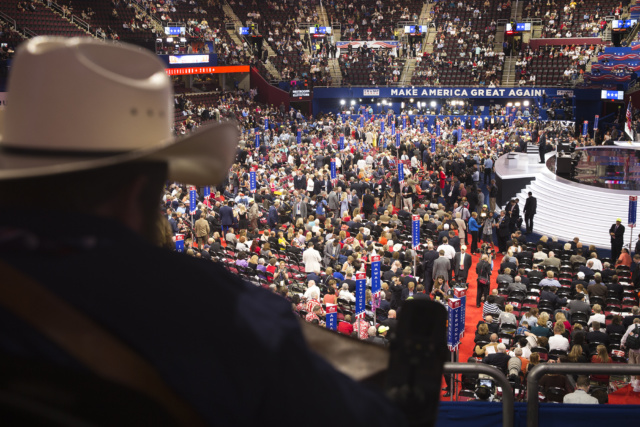

By Alejandra Armstrong, Sami Edge, Courtney Columbus and Emily L. Mahoney
News21
WASHINGTON, D.C. – Andrea Montes turns 18 just weeks before the November election, and the Wisconsin resident plans to vote for the first time.
She said she had always planned to exercise that right, but an incident in April made it clear just how important it was to cast her ballot. Montes was playing in a high school soccer game when it turned ugly. Fans on the opposing team began yelling “Trump ’16” and “Build that wall” at her Latina teammates, she said.
“The candidates this election aren’t the best,” Montes said. “But I feel like if I don’t vote, it means that I’m OK with Donald Trump leading the country. And I’m not. People of color need to be voting this election.”
The soccer incident made national headlines, and Democratic presidential nominee Hillary Clinton even brought it up during a speech at the League of United Latin American Citizens conference in Washington, D.C. It’s exactly the kind of experience experts say might help galvanize the Latino electorate to vote this November.
Yet, it’s unclear whether Latinos will turn out. If they do, they have tremendous potential to affect the outcome.
The Latino population has jumped from 4 percent of the country’s population in 1965 to nearly 20 percent of the population in 2015, according to Pew Research Center. The growth has been steady and noticeable. Today, there are more than 55 million Latinos in the U.S., and an expected 27.3 million will be eligible to vote in November.
But a longstanding gap remains between Latinos who can vote and those who will. The National Association of Latino Elected Officials projects 13.1 million Latino voters will cast ballots this November, which is a 17 percent increase from the last presidential election. But it’s still less than half of the eligible voters.
Census population projections suggest that in 2044, the U.S. will become a majority-minority nation with Latinos making up almost a quarter of the entire population.
During the past few presidential elections, national media began to speculate on the effect of the Latino electorate and even gave it the moniker “the sleeping giant.” But every year, despite increased potential, it seemed that giant hadn’t yet awakened.
Indicators suggest this could be the year: Latinos have registered to vote at increasing rates, and many Latino voters indicated they’re more interested in this election – motivated by issues such as the economy and immigration and by Republican presidential nominee Donald Trump’s anti-immigration stance.
“Harsh rhetoric that has been spewed by Donald Trump, right out of the gate, comparing Mexicans to rapists and murderers, could help galvanize the Latino vote to vote against him,” said Joseph Garcia, director of the Latino policy center for the Morrison Institute for Public Policy at Arizona State University, which researches and analyzes critical issues in the state.
Motivated by rhetoric, yet limited
Alma Marquez, founder and president of a communications and public affairs firm that focuses on education-related issues and political and civic engagement, said Latinos are often portrayed as apathetic because of their low voter turnout.
But some Latino voters and experts said it’s not apathy: They do care about politics and understand the importance of civic engagement. They said other factors keep Latinos away from the polls, including cynicism, unfamiliarity with voting and language barriers.
“Many of the community members feel as though they’re not really viewed as Americans,” Marquez said. “And so there’s this logic, ‘If I’m not really viewed as American or respected as American, then why should I (vote)?’”
Other Latino voters, like Sabino Nañez, 34, said Latinos will vote “when they feel like they are first-class citizens” instead of third-class citizens.
The Milwaukee resident said when the U.S. Supreme Court blocked President Barack Obama’s expansion of Deferred Action for Childhood Arrivals and Deferred Action for Parental Accountability in June – which would have given parents of U.S citizens legal presence – it discouraged the Latino community even more.
Below, hear in their own words how three Latino voters plan to exercise their right this year:
Politicians come off as ‘hypocrites’
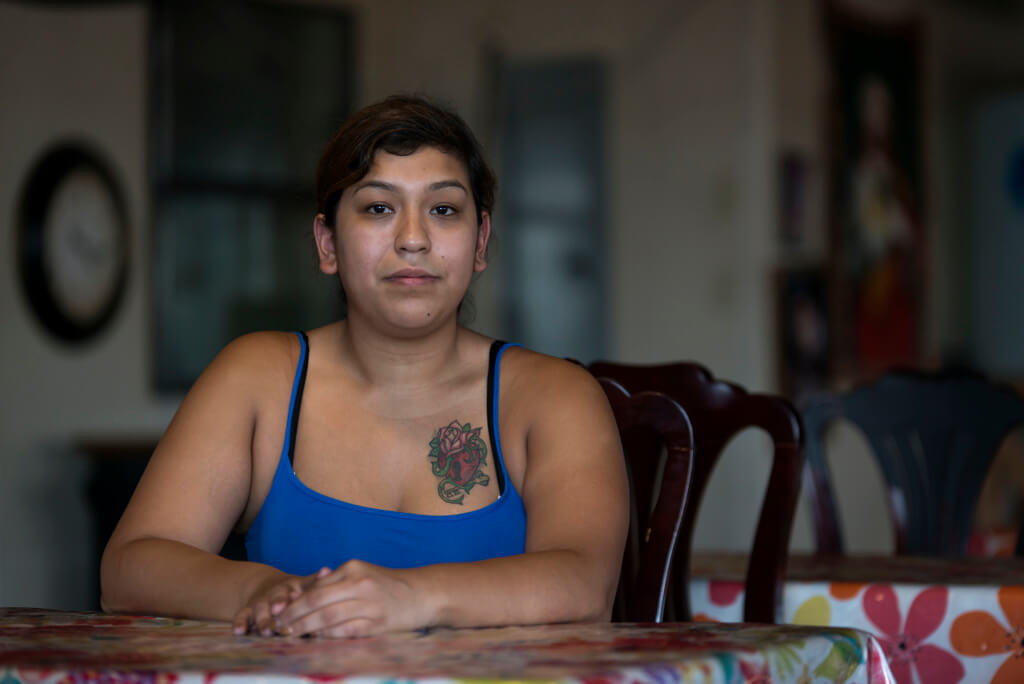
Voting is ‘important’
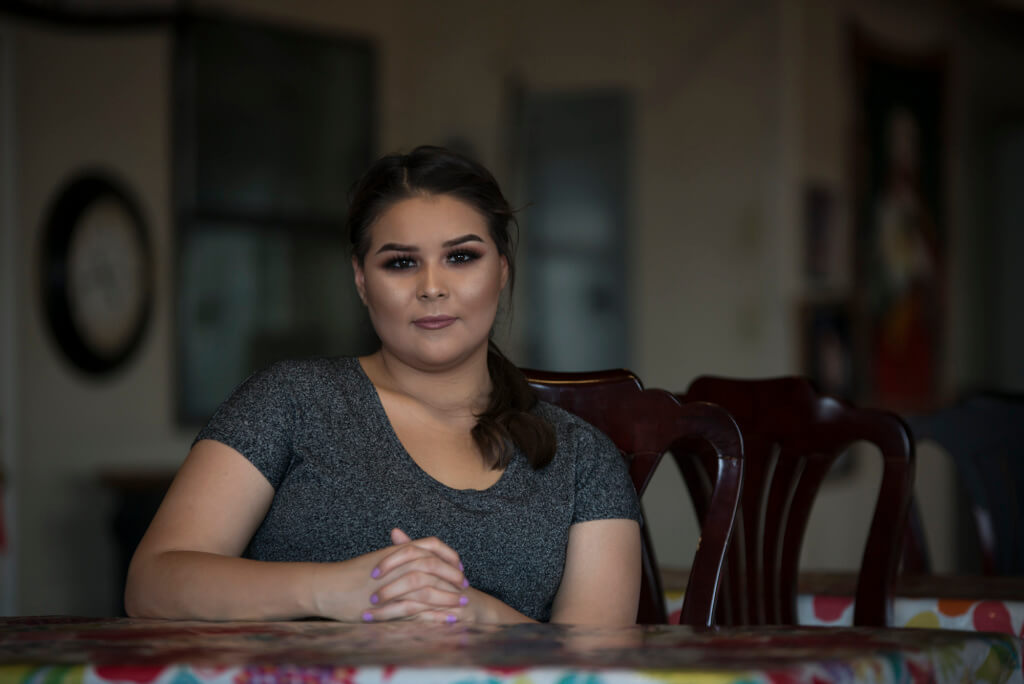
May write in candidate
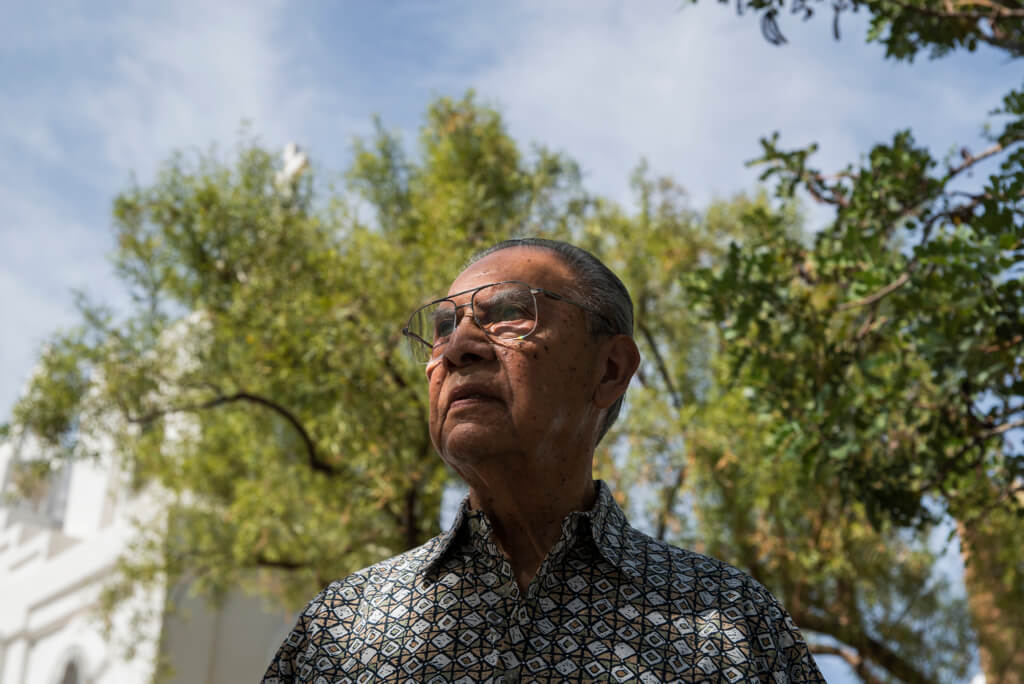
Organizations attempt to spur Latino voters
In February, Univision, the leading Spanish-broadcasting network, announced its goal to register 3 million Latino voters before November.
Univision is the fifth-largest network in the U.S. and plays an essential role in providing Spanish-language news and entertainment to the Latino community. Univision partnered with organizations on national and local levels to promote the effort.
This year, the company created the Your America website, which allows people to sign up for text message updates about the election. And more than 100,000 people attended forums and registration drives that Univision hosted across the country.
Antonio Gonzalez, president of the Southwest Voter Registration and Education Project, said he expects the gap between the number of eligible Latino voters and actual voters to decrease. However, he said, it always gets smaller in presidential cycles. Gonzalez said to expect a “mad frenzy” of voter registration that will drive the number of registered Latino voters from 14 million in 2012 to 16 million by November, but it could grow even higher if the two main political parties prioritize resources to register Latinos.
Voto Latino, which began in 2004, is trying to engage younger Latinos. The group developed a mobile app called VoterPal that allows users to register to vote on their smartphone and register their friends and family as well. Mario Carrillo, Voto Latino’s communication director, said the majority of young Latinos read their information in English and online, so that’s where Voto Latino focuses on reaching them.
3.2M Latinos turn 18 in time for Nov. 2
Meanwhile, Montes, the 17-year-old from Wisconsin, is just one of the 3.2 million Latinos who have, or will, turn 18 in time for the 2016 election, according to Pew numbers. She is the face of the future Latino voter.
Montes is U.S.-born, much like most other Latinos (only a quarter of the Latino electorate is foreign-born). Montes’ father came to America from Guanajuato, Mexico, as a teen looking for work. He later brought his wife to Beloit, Wisconsin, where they raised Montes, her older brother and sister.
Her father became a citizen six years ago, and her mother followed suit two years later.
And Montes is eager to vote.
(Editor’s Note: Pamela Ortega contributed to this report.)









